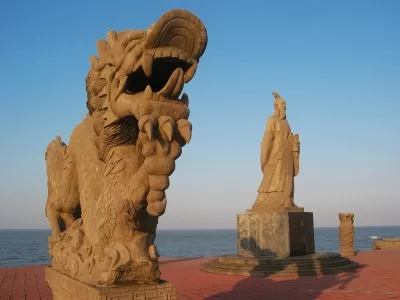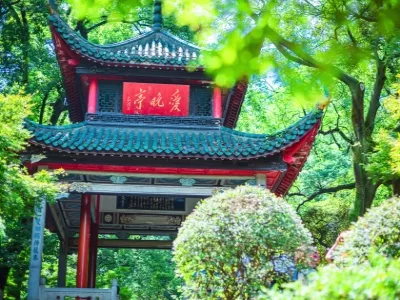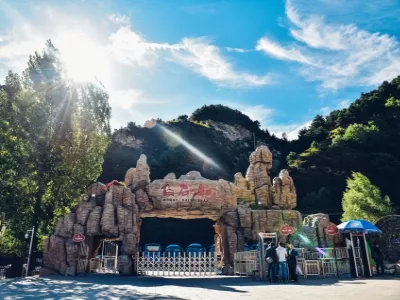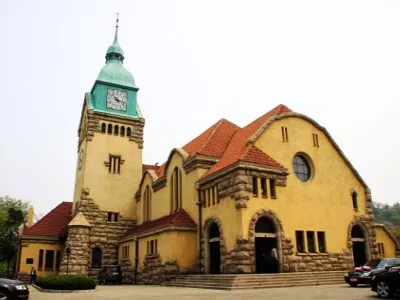Hotan, located in the southwest of Xinjiang and the southern fringe of the Taklimakan Desert, is a town on the ancient "Silk Road" known for its "Hotan jade", "Hotan rugs", and "Hotan silk". With a long history dating back to the Han Dynasty, Hotan was a hub for cultural exchanges between China and foreign countries, leading to the creation of a brilliant ancient civilization that includes the Kunlun mythology. Hotan jade has a history of at least 7,000 years in China and is the mainstay of Chinese jade culture. In addition to its natural beauty, Hotan has various cultural relics and a rich cuisine. Visitors can not only experience the desert landscape but also discover a unique flavor.
Hotan is an ideal destination for travelers seeking a combination of nature, culture, and history. The city's location on the edge of the Taklimakan Desert provides visitors with an opportunity to explore the vast desert landscape, taking in the unique scenery and experiencing the charm of the desert. In addition to its famous jade, Hotan is also famous for its handicrafts, such as rugs and silk. Visitors can purchase these traditional crafts as souvenirs or gifts.
Hotan's cuisine is also not to be missed. The city has a rich selection of local dishes that are unique to the region. Visitors can sample these local specialties and explore the city's food culture while they are in Hotan.
Overall, Hotan is a city with rich history, culture, and natural landscapes that offer visitors a unique experience. From its famous jade to its handicrafts and local cuisine, Hotan has something to offer for every traveler. Visitors to Hotan will not only discover a city with a rich cultural heritage but also a place with stunning natural landscapes and a vibrant food culture.









